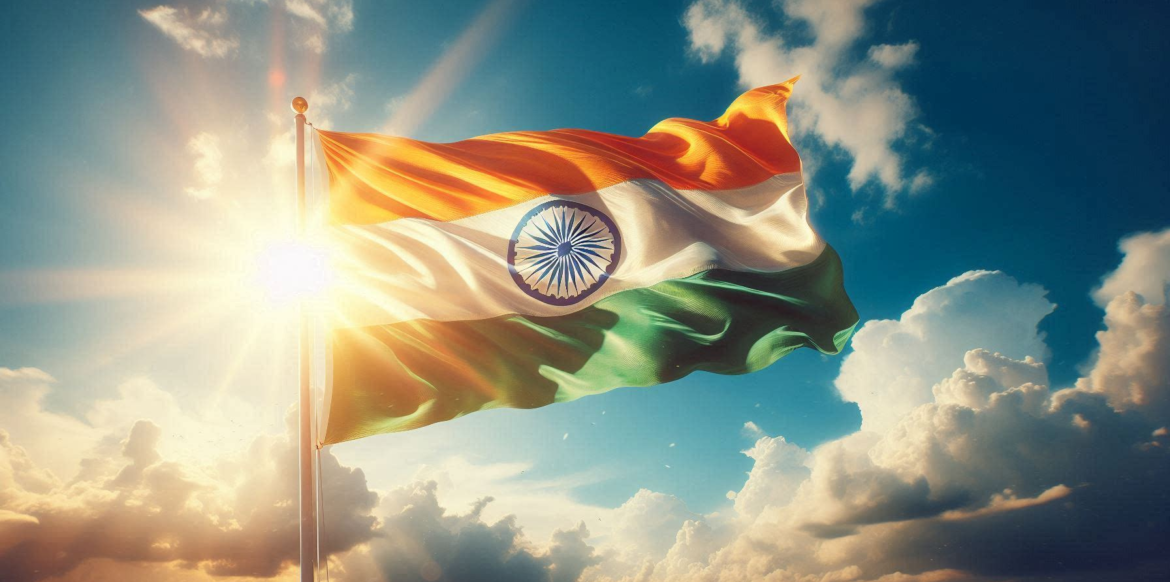
Celebrating Indian Independence Day : A Journey of Freedom and Unity
Introduction
Annually on August 15th, India commemorates its Independence Day, signifying the cessation of British colonial dominion in 1947. This day honors the unwavering efforts and sacrifices of innumerable freedom fighters who battled for the country's autonomy. It embodies a day of national pride, patriotic fervor, and contemplation of the path to liberty.

Historical Context
The journey to independence was a long and arduous one, led by distinguished leaders such as Mahatma Gandhi, Jawaharlal Nehru, and Sardar Patel. Their dedication to nonviolent resistance and civil disobedience played a crucial role in uniting the people against British rule. The enduring sacrifices of martyrs like Bhagat Singh, Rajguru, and Sukhdev continue to inspire subsequent generations.
Early Resistance :
The struggle for sovereignty was intense and extended, beginning with the British East India Company’s rise to power after the Battle of Plassey in 1757. The Indian Rebellion of 1857, also known as the First War of Independence, marked the first significant challenge to British control. Leaders like Rani Lakshmibai, Mangal Pandey, and Bahadur Shah Zafar played pivotal roles in this uprising.
Formation of Indian National Congress (INC) :
Founded in 1885, the INC became the principal leader of the Indian independence movement. Early leaders included Dadabhai Naoroji and Bal Gangadhar Tilak, who laid the groundwork for a united struggle against British rule.
Partition of Bengal (1905) :
The partition of Bengal in 1905 sparked the Swadeshi Movement, promoting the boycott of British goods and the revival of domestic products. This movement was a significant step towards economic independence and self-reliance.
Gandhian Era :
Mahatma Gandhi emerged as a central figure in the 1920s, advocating non-violence and civil disobedience. Key movements during this period included:
- Non-Cooperation Movement (1920): Aimed at resisting British rule through non-violent means.
- Civil Disobedience Movement (1930): Marked by the Salt March, where Gandhi and his followers marched to the Arabian Sea to produce salt, defying British laws.
- Quit India Movement (1942): A mass protest demanding an end to British rule in India.
Other Movements and Leaders :
Alongside Gandhi, leaders like Subhas Chandra Bose, Jawaharlal Nehru, and Sardar Vallabhbhai Patel made significant contributions. Bose, for instance, formed the Indian National Army (Azad Hind Fauj) to fight the British through militant means.
Final Push for Independence :
The Quit India Movement in 1942 marked a decisive phase, leading to widespread protests and arrests. The Indian Independence Act was eventually passed in 1947, leading to the creation of India and Pakistan.
Notable Freedom Fighters :
- Mahatma Gandhi: Known for his philosophy of non-violence and leadership in major movements.
- Subhas Chandra Bose: Formed the Azad Hind Fauj and was known for his militant approach.
- Jawaharlal Nehru: First Prime Minister of India and a key leader in the INC.
- Sardar Vallabhbhai Patel: Played a crucial role in the integration of princely states.
- Bhagat Singh: A revolutionary who became a symbol of youth rebellion against British rule.
- Sarojini Naidu: A poet and activist who played a significant role in the civil disobedience movement.
The collective efforts of these leaders and countless others led to India’s independence on August 15, 1947. Their sacrifices and dedication are remembered and celebrated as a testament to the enduring spirit of freedom and unity.
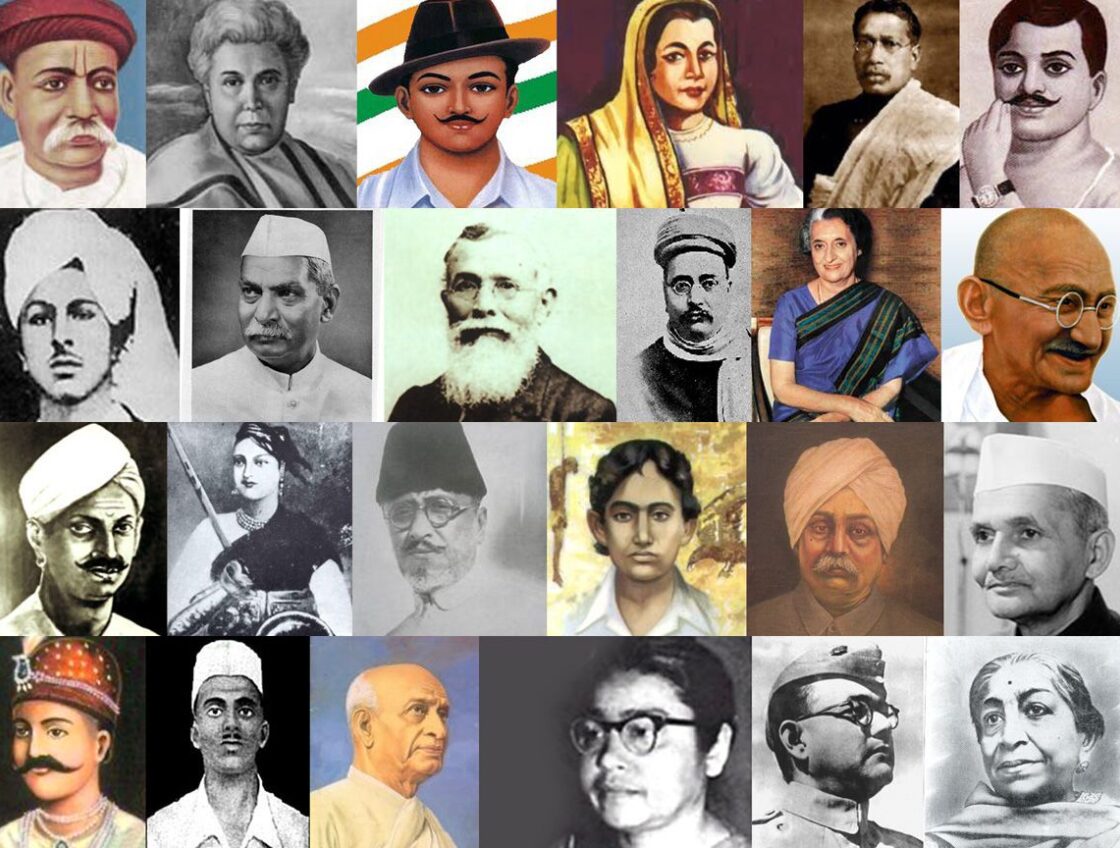
The significance of August 15th
The significance of August 15th lies in its celebration of India's journey to independence. On this day in 1947, India greeted the dawn of sovereignty. The historic "Tryst with Destiny" speech, given by Jawaharlal Nehru at Delhi's Red Fort, resonated with the hopes of a newly sovereign nation. It is a day emblematic of the victory of justice, unity, and the relentless spirit of the Indian people. We celebrate this day to remember and express our respect and gratitude to the valiant freedom fighters for their sacrifices.
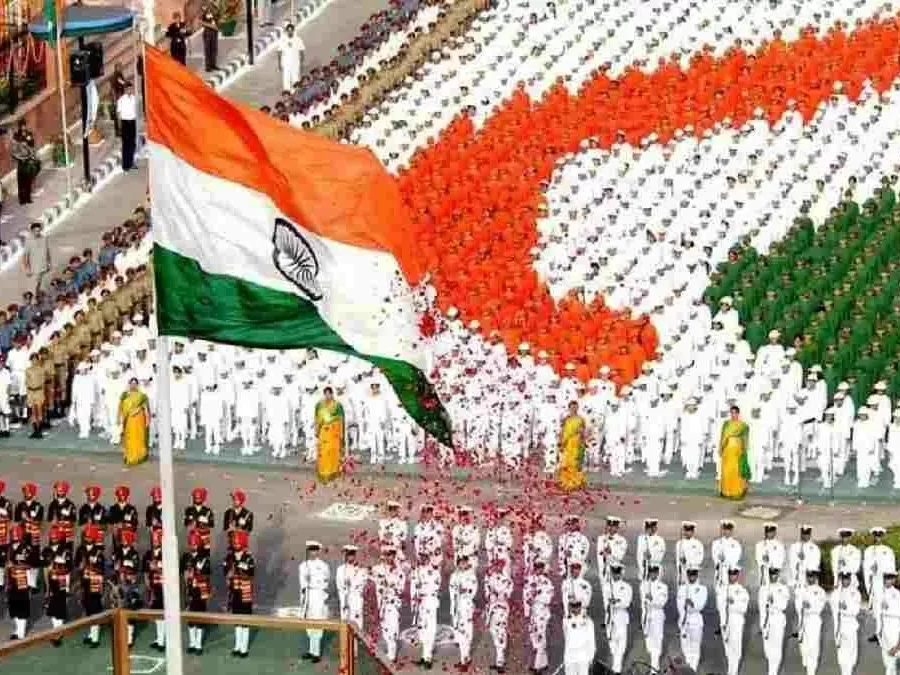
Celebrations Across the Nation
Independence Day is observed with immense enthusiasm throughout India. The celebrations commence with the Prime Minister raising the national flag at the Red Fort, succeeded by a magnificent parade that exhibits India's cultural diversity and military strength. Educational institutions and community centers conduct a variety of events to foster patriotic spirit among the youth.
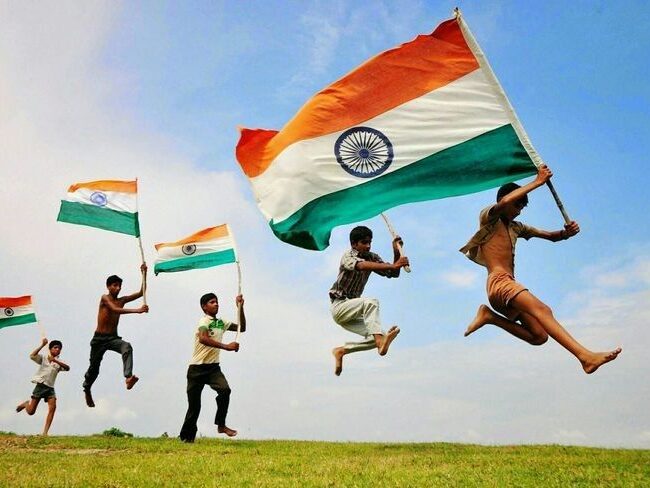
Cultural Extravaganza
The festivities are characterized by cultural acts, patriotic melodies, and dances that showcase India's diverse legacy. The tricolor is displayed with pride, representing the nation's unity and integrity. Individuals from diverse backgrounds unite to honor the essence of liberty and solidarity.
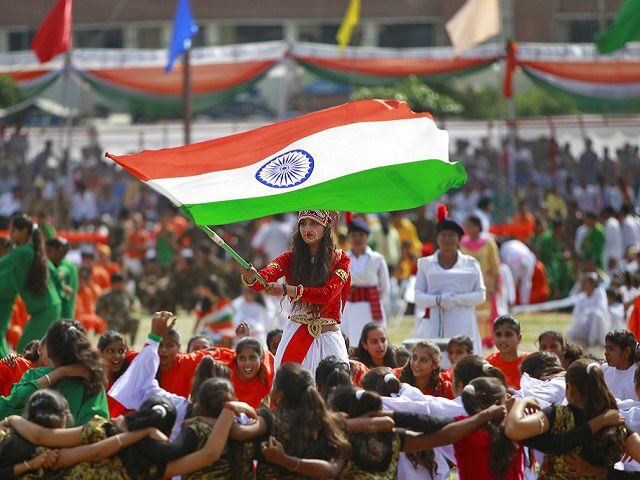
Educational Initiatives
In today’s fast-paced world, Independence Day serves as a reminder of the values and principles that the nation was built upon. It is a day to reflect on the progress made and the challenges that lie ahead. The spirit of patriotism is not just about celebrating the past but also about working towards a better future for all.
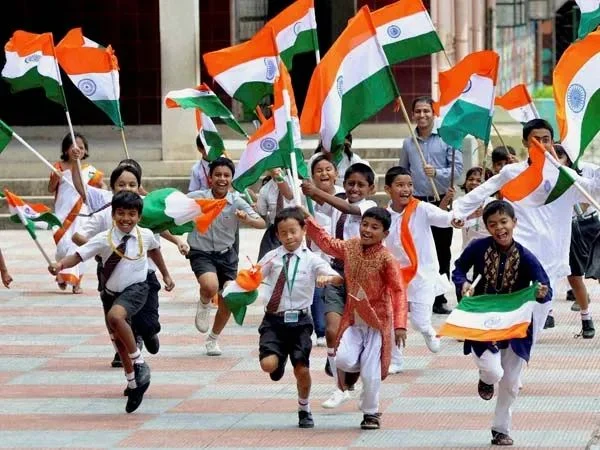
Patriotism in the Modern Context
In today’s fast-paced world, Independence Day serves as a reminder of the values and principles that the nation was built upon. It is a day to reflect on the progress made and the challenges that lie ahead. The spirit of patriotism is not just about celebrating the past but also about working towards a better future for all.
Global Observance
Indian Independence Day is celebrated by the Indian diaspora around the world. Flag-hoisting ceremonies, cultural programs, and community gatherings are organized in various countries, showcasing the global unity of Indians. This day serves as a reminder of India’s rich cultural heritage and its contributions to the world.
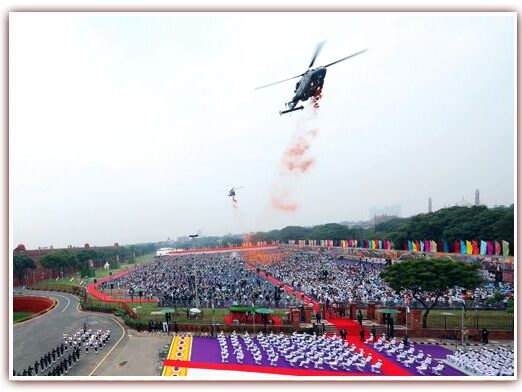
Conclusion
Indian Independence Day transcends the notion of a mere national holiday; it embodies a festival of liberty, solidarity, and enduring strength. As we honor this significant day, we must reflect on the immense sacrifices made by our freedom fighters and commit ourselves to preserving the ideals for which they valiantly struggled. Together, let's dedicate our efforts to forging an India that is robust, welcoming, and flourishing.